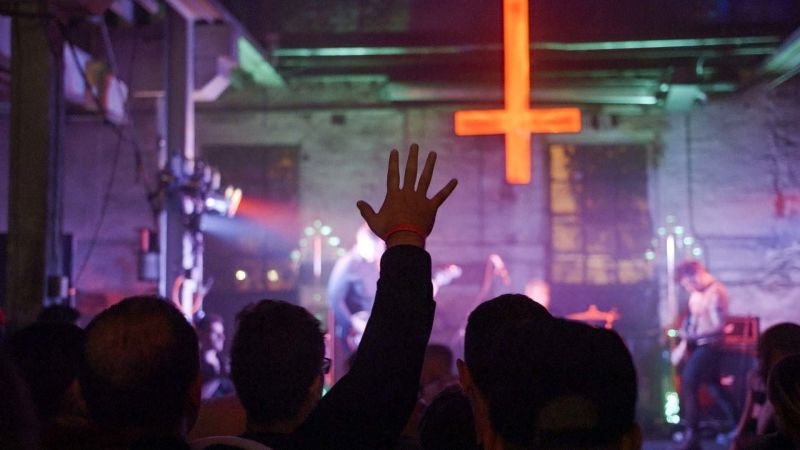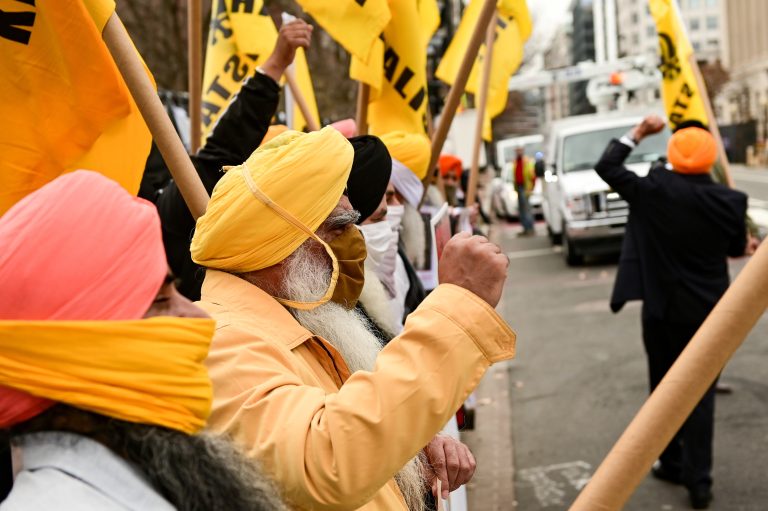In recent times, a group identifying as Satanists has garnered significant media attention for their presence, particularly on school campuses, including elementary schools. The Satanic Temple, a prominent organization associated with this movement, asserts that its members do not worship the devil or believe in Satan’s existence as a supernatural being. Instead, they use Satan as a symbol representing free will, humanism, and anti-authoritarianism.
However, despite their claims of harmlessness, skepticism abounds, especially concerning the activities and rituals linked to the Satanic Temple. The group’s website indicates its origins in a Satanic Temple and acknowledges performing rituals that some perceive as potentially harmful. Notably, the website takes a controversial stance on issues such as abortion, referring to it as a ritual. The site cites a lawsuit against Texas, challenging a law restricting abortions, emphasizing the prohibition it places on their members’ religious rituals involving nonviable fetal tissue up to 24 weeks of pregnancy.
Lucien Greaves, a spokesperson for the Satanic Temple, has a controversial history, having been arrested and charged in 2013 for allegedly performing rituals over the grave of a pastor’s mother who opposed homosexuality.
The group’s confrontational approach and provocative statements have raised concerns among citizens who find it challenging to accept the club’s claims of harmlessness, inclusion, and the promotion of self-autonomy. The Satanic Temple’s deliberate actions to incite controversy and challenge societal norms have fueled skepticism and fear.

Read more:
- Trans Drivers Unable to Change Gender on Licenses in Florida
- Northern Lights Treat for New Mexico Residents!
- Razor Wire Presence Strengthened at Shelby Park in Texas
- NY Lawmakers Push for In-State Drug Production to Lower Costs
The group’s argument that Christians have faced arrests for crimes like pedophilia has further intensified tensions between Satanists and Christians. While Christians acknowledge imperfections within their community, they have not openly admitted to committing crimes as part of their religious practices. The Satanists’ provocative statements and actions have created a rift, particularly with Christians, and they often downplay tensions with other religious groups.
This ongoing narrative highlights the clash of ideologies and values in contemporary society. It underscores the importance of understanding the diverse perspectives that contribute to these debates, acknowledging the nuances of religious freedom, freedom of expression, and the limits of both in a pluralistic society.
Critics argue that the Satanic Temple’s tactics seem designed to push societal boundaries and provoke a reaction, questioning the sincerity of their claims regarding the peaceful nature of their activities. The broader implications of these controversies extend beyond the specific actions of this group, prompting discussions about the boundaries of religious freedom, the limits of provocative expression, and the responsibility of individuals and groups in a diverse and pluralistic society.
As society grapples with these complex issues, it becomes imperative to foster open dialogue and engage in constructive conversations that respect differing beliefs and ideologies. Navigating the intersection of religious freedom, freedom of expression, and societal norms requires a delicate balance that considers the rights of individuals and communities while upholding shared values that promote harmony and understanding in an increasingly diverse world.















+ There are no comments
Add yours